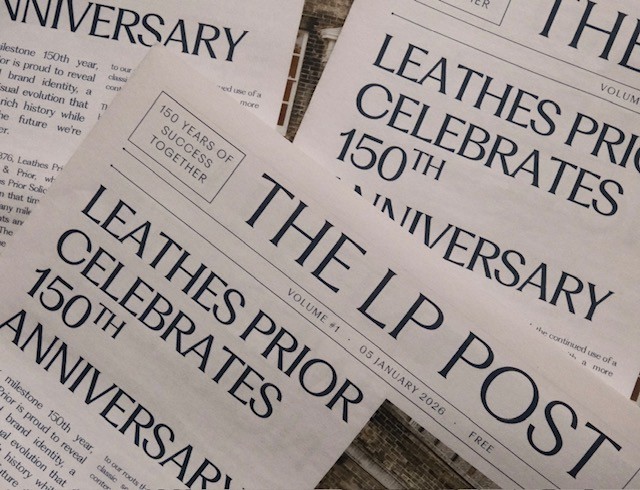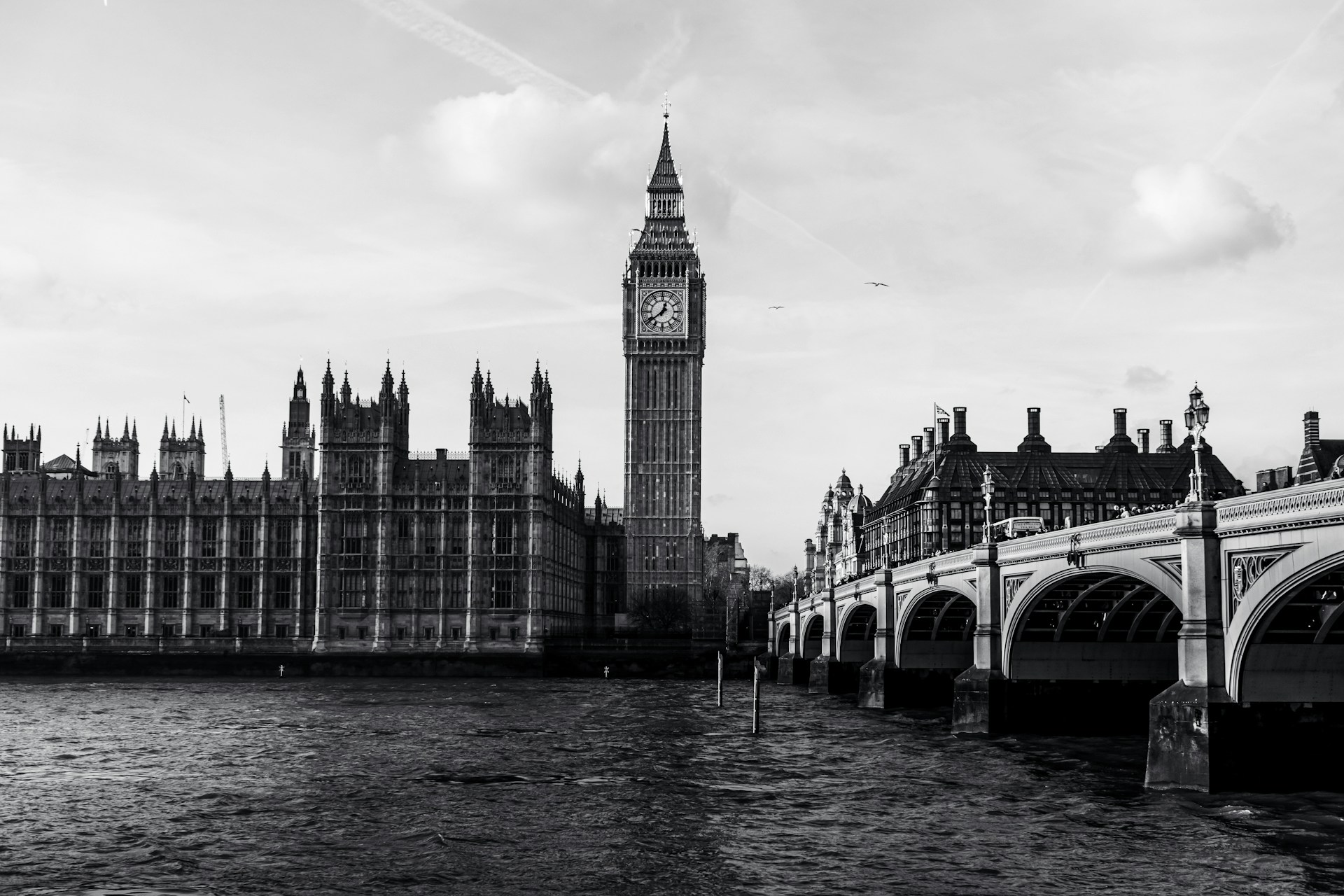Potential changes to England and Wales driving laws
England and Wales could be facing a huge shake-up in motoring laws as changes are being considered which include the introduction of eye tests for over 70’s and lowering of the alcohol threshold from 35 micrograms to 22 micrograms, Matthew Swash, Partner, discusses these possible new changes.


It looks increasingly more likely that England and Wales could be facing a huge shake-up to motoring laws, with the possible introduction of eye tests for over-70s and the lowering of the alcohol threshold from 35 micrograms to 22 micrograms as new changes to the law are being considered. In 2024, there were 1,633 fatalities due to road traffic accidents, and 29,537 individuals were either killed or seriously injured. What impact could these possible changes have on our road safety?
Mandatory eye tests for over 70’s:
HM Senior Coroner for Lancashire, Dr James Adeley, has reported to Transport Secretary Heidi Alexander that more precautions should be taken after finding that enforcement of visual legal standards are unsafe. The Transport Secretary is preparing a new requirement for motorists, whereby if they are aged 70 and over, they must have eye tests every 3 years along with their renewal, and if they fail, they will be banned from driving. This new strategy emerged following an inquest into four deaths, which revealed that they were caused by drivers with substandard eyesight. Ministers believe the current strategy is not working, resulting in the Labour government delivering its first Road Safety Strategy in a decade.
This will be a sweeping change to the system, and as long as everybody is informed that they require the eye test at three yearly intervals, then there will be no issue. The problem will arise when those accused of driving without their mandatory eye test face the force of the law. Insurance Companies will raise the issue of the eye test early on if an accident occurs and somebody is injured.
Changes to the drink-driving limit:
In 2022, it was estimated that there were 6,800 casualties (either killed or injured) due to drink driving incidents. According to new plans, the drink-drive limit could be decreased from 35 micrograms per 100 millilitres of breath to 22 micrograms. This plan is undertaken to match Scotland, which lowered its limit in December 2014, according to the BBC. Another proposal suggests that police are allowed to rely on roadside saliva tests rather than blood tests to make it easier to prosecute offenders.
It would be very wise to avoid alcohol completely if you are intending to drive, as a reading of 22 micrograms of Alcohol in 100 millilitres of breath is very low and will be easy to breach. It should also be remembered by those intending to drink heavily on a night out that it would be wise to avoid driving the next day, as again this could lead to prosecutions.
If you or anyone would like advice on UK driving laws, the Motoring Offences Team here at Leathes Prior will be more than happy to assist. You can contact us by email at info@leathesprior.co.uk or by telephone on 01603 610911.


Charity of the Month: Sue Lambert Trust
Leathes Prior is delighted to be supporting the Sue Lambert Trust as our Charity of the Month for February 2026. Sue Lambert Trust is a leading charity in Norfolk offering free therapeutic counselling and support services to survivors of sexual violence and abuse.



Supreme Court ruling set to impact NHS - Children injured by NHS can claim damages for lifetime lost earnings
In February 2026, the Supreme Court passed a ruling which is set to significantly increase the amount of damages the NHS may have to pay for claims brought in respect of children injured at birth, as a result of medical negligence.

.jpg)

The Value of Planning Ahead: LPAs & Court of Protection
Putting LPAs in place allows you to choose trusted people to make decisions for you if you lose capacity in the future. This avoids the need for loved ones to make a costly and time-consuming deputyship application to the Court of Protection. With more people likely to experience conditions affecting capacity, more families may need to turn to the Court for support where no LPAs are in place.





















.jpg)













